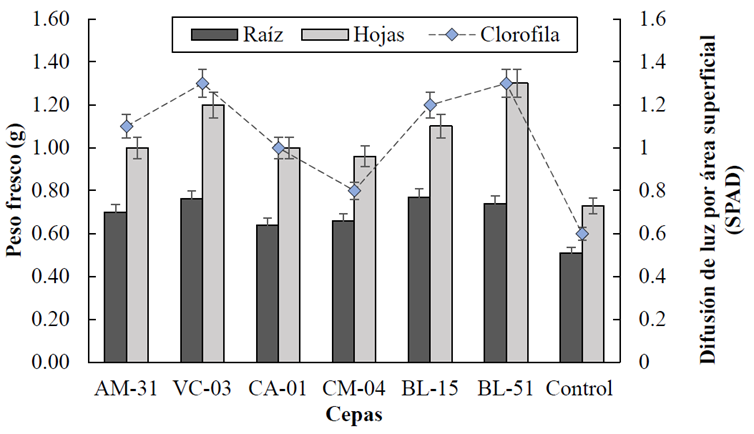Bacterial Consortia with Growth-Promoting Activity Associated with the Rhizosphere of Echinopsis pachanoi
DOI:
https://doi.org/10.28940/terralatinoamericana.v43i.1976Keywords:
alternatives, ethylene, production, resistanceAbstract
The rhizosphere is a vital environment where plants, soil, and microorganisms interact, including bacteria that promote plant growth. This study focuses on analyzing bacterial consortia associated with the rhizosphere of Echinopsis pachanoi to enhance the resilience of agricultural crops to various types of stress. Twelve rhizosphere samples of E. pachanoi were meticulously collected and processed in seven areas of the sierra region of Ecuador. At the Biology and Microbiology Laboratory of the Technical State University of Quevedo, growth assays were conducted with rice seeds inoculated with these bacteria, as well as salinity tolerance tests by modifying soil conditions with sodium chloride. The bacterial strains studied showed a decrease in growth under saline stress, with greater inhibition at higher NaCl concentrations, although some strains tolerated concentrations of up to 0.5 M NaCl. All bacterial strains significantly reduced ethylene production in the presence of NaCl, outperforming the controls without bacteria. Specifically, strains BL-15 and CA-01 exhibited a high capacity for 3-indole acetic acid (IAA) production, suggesting a considerable potential for promoting plant growth. These results highlight the potential of bacterial consortia as a sustainable agricultural strategy, of fering ecological alternatives to chemical fertilizers and improving overall agricultural productivity.
Downloads
Publication Facts
Reviewer profiles N/A
Author statements
- Academic society
- Terra Latinoamericana
- Publisher
- Mexican Society of Soil Science, C.A.

















